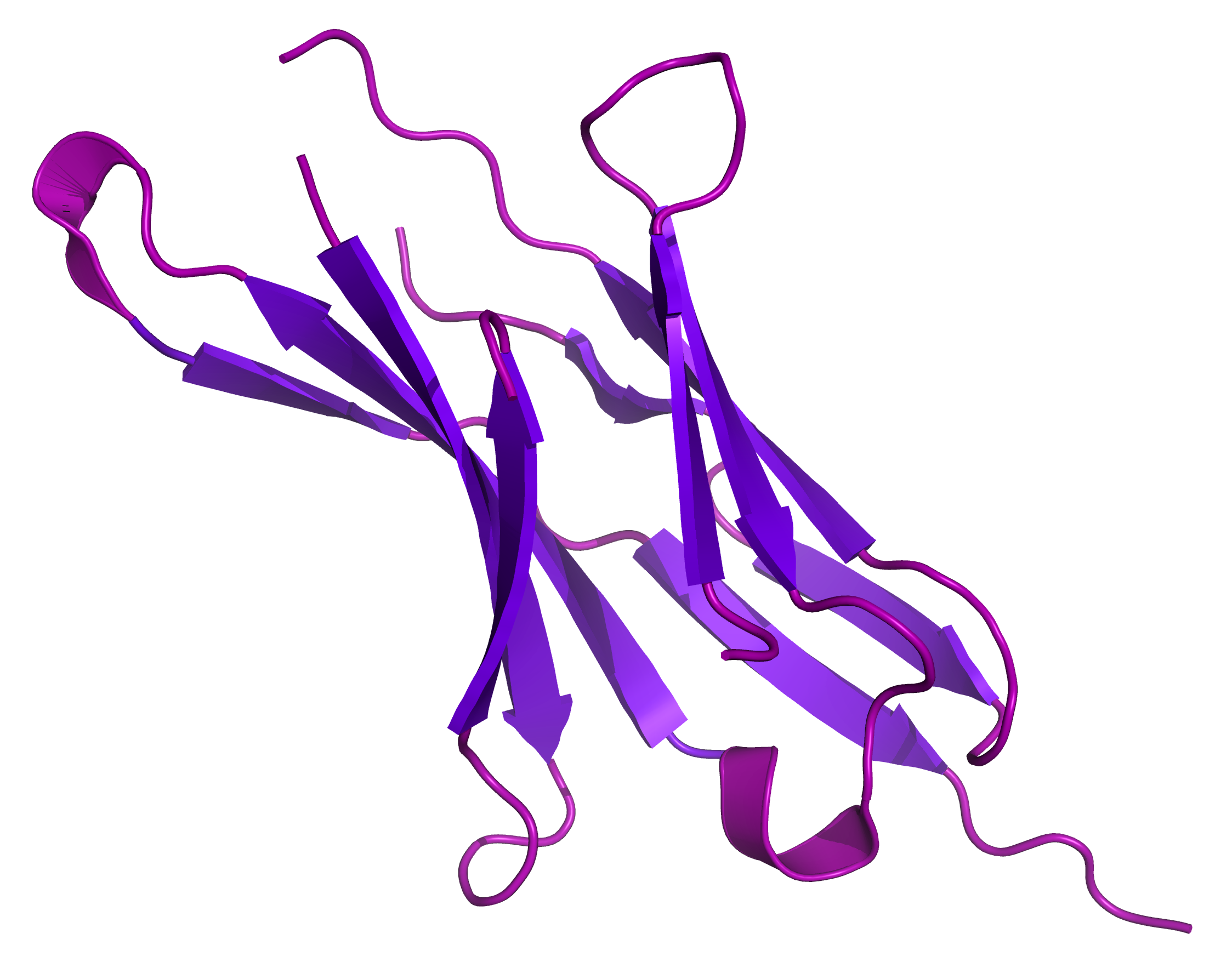Share this Page:
A recent pre-clinical study published in the journal Nature shows that a new class of drugs called HIF-2 inhibitors is more effective and better tolerated than the standard of care drug sunitinib in treating kidney cancer.
Hypoxia-inducible factors (HIFs), such as HIF-2, allow the body’s cells to adjust to low-oxygen environments. HIFs are part of a biochemical pathway that stimulate the development of blood vessels, thereby helping to deliver oxygen and nutrients to tissues to enable the tissue to grow and thrive. Kidney cancer cells hijack the HIF pathway to fuel their growth.
HIF-2 inhibitors work by suppressing the effects of HIF-2. HIF-2 down regulates an important protein called VEGF that promotes the formation of blood vessels needed for tumours to grow. By suppressing HIF-2, HIF-2 inhibitors interfere with the actions of VEGF to suppress the formation of blood vessels in tumours. Unlike existing VEGF inhibitors, the HIF-2 inhibitor blocks VEGF only in the cancer and is, therefore better tolerated.
The research was conducted in mice transplanted with kidney cancer from over 20 patients, and showed that the HIF-2 inhibitor PT2399 controlled cancer in half of the tumours. The researchers compared PT2399 and sunitinib head to head and found that the HIF-2 inhibitor was more active.















